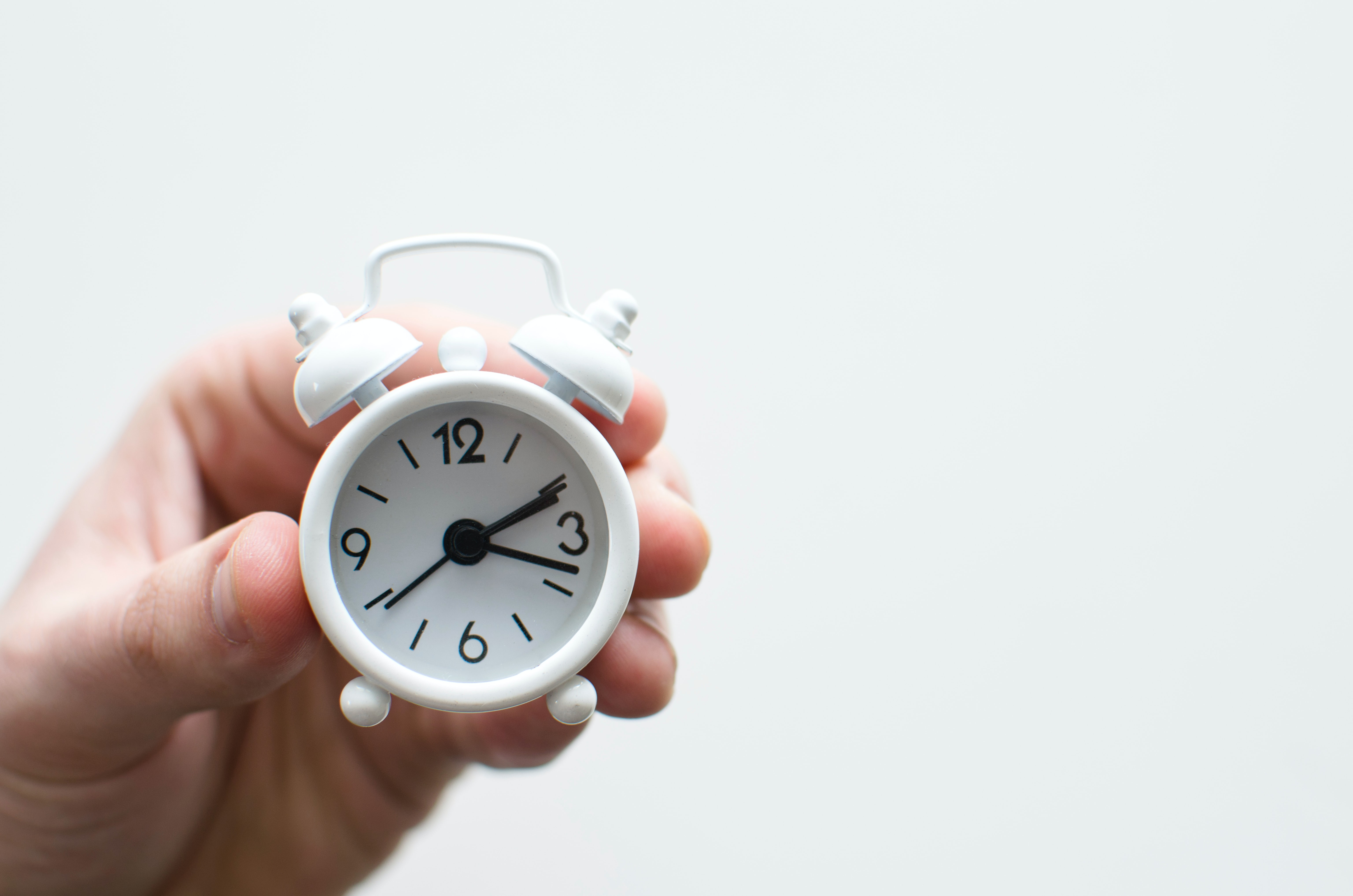
Recently, I read a book called “The Effective Executive”, by Peter Drucker.
In the book, Drucker shares how the measure of the executive is the ability to “get the right things done” via several principles.
One of the principles executives use to be effective is by capturing how their time is being used.
If you don’t know where your time is going, how will you be able to manage your time?
Whether it’s spent working on a project, exercising, leisurely watching some shows, or reflecting on the purpose of life (a timely activity I partake in), being able to know where your time goes allows you to know how you’re using your time.
Once you know, you can easily map out, redirect, and reorganize how your time is being allocated:
-
Cut out a few hours of YouTube in order to read a book or finish up a project.
-
Combine Netflix with working out, so there’s no worry about when entertainment and exercise will happen.
-
Move meal prep from Saturday to Sunday, so that Saturday can be spent working on other chores.
And many more time allocation tactics.
Time tracking can easily be done via a sheet of paper, a spreadsheet, or an automatic tool tracker such as RescueTime.
Ultimately, knowing how you use your time can help you be aware of where your time is going, and make a conscious effort to make the best use of your time.
As Thomas Edison said:
"Time is really the only capital that any human being has, and the only thing he can’t afford to lose."
Questions to ponder: 🤔
-
How do you want your time to be used? Where is your time going?
-
Are you okay with how your time is spent? If not, what is one thing you can do to change how your time is spent?